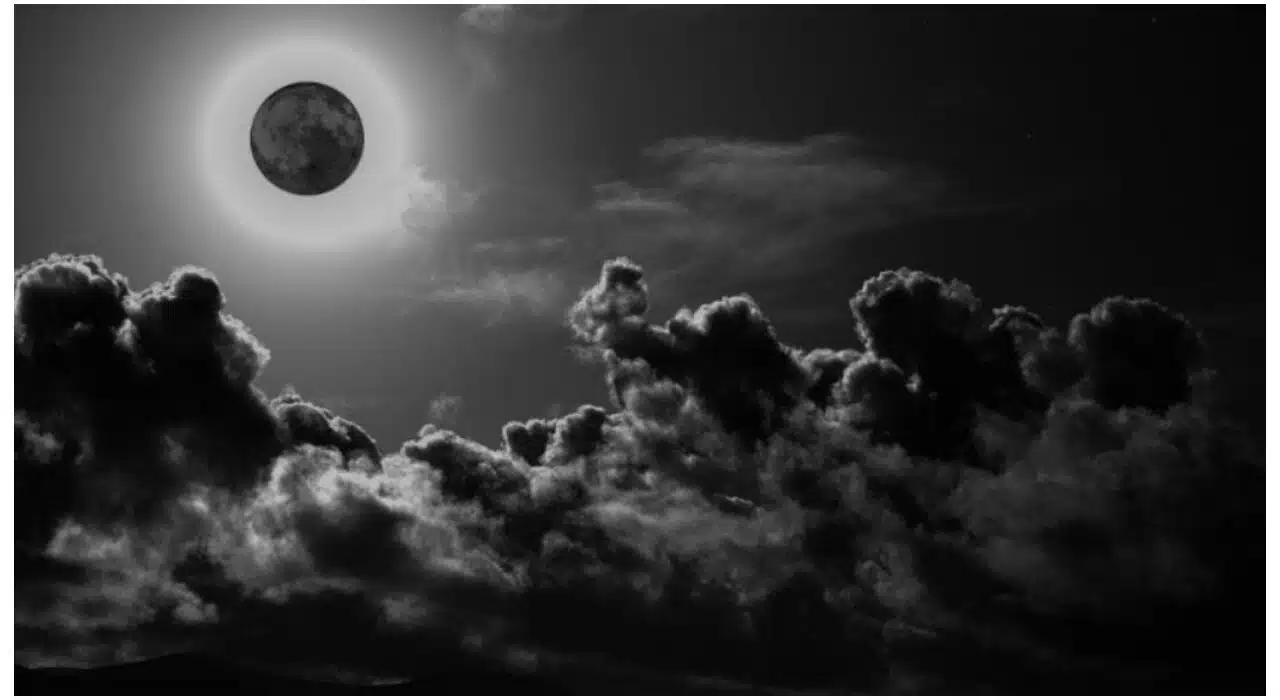On December 30, 2024, a rare celestial event, known as the “Black Moon 2024,” will occur, exciting astronomers worldwide including Asia. This phenomenon, where two new moons appear within a single calendar month, provides a unique opportunity to observe the lightest skies of the year, ideal for star-gazing and planetary observations.
What is a Black Moon?
The term “Black Moon” refers to the once-in-a-while condition of having two new moons in the same month, similar to having two full moons, which is popularly known as a “Blue Moon.” Although not scientifically accepted terminology, the phrase has started to be used among gazing enthusiasts.
During the Black Moon, the illuminated part of the moon is away from Earth and thus cannot be seen at night. This would mean a perfect view of far-off stars, galaxies, and nebulas, as it does not reflect sunlight.
Black Moon 2024 Viewing Details and Timing in Asia And Other Continents
The Black Moon will peak at 5:27 p.m. ET (10:27 GMT) on December 30, 2024. It will be visible on December 30 in the Americas, while it will be visible on December 31 in Europe, Africa, and Asia.
Although the moon will not be visible, it is going to leave out an opportunity for gazing at the stars which has never been possible before. This moonless night will enhance the brightness of celestial objects such as Jupiter, Venus, and Mars, which will clearly appear in the sky.
Why is the Black Moon Special?
For astronomers, the Black Moon is a much-awaited event. With the sky free from moonlight, deep-sky objects become easier to spot, providing a rare glimpse into the universe’s hidden wonders.
This event also falls during the Quadrantid meteor shower, which is expected to peak on January 2-3, 2025. The combination of the Black Moon and the meteor shower makes for an unforgettable experience in the sky for the watchers.
A Night for the Cosmos
Whether an avid astronomer or curious about the night sky, a Black Moon is an extraordinary event. On this moonless night, take out your telescope or head to a dark place and view the universe in its best glory ever.
Also, see: Generation Beta: January 2025 prepares to welcome Gen Alpha sequel
